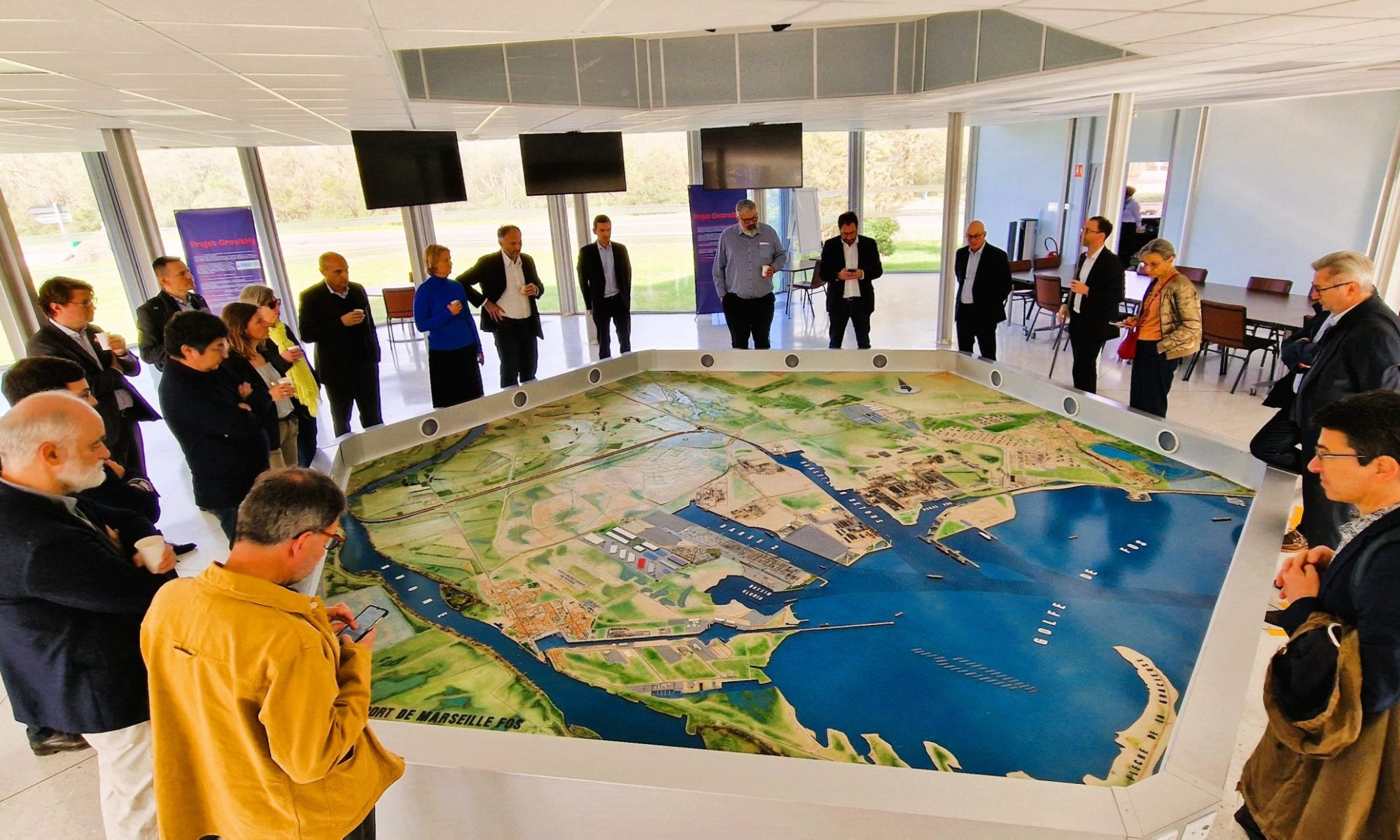Metropolises facing the challenges of territorial cohesion and administrative simplification
The economic and environmental crisis accentuates the difficulties of the medium-sized cities and the peri-urban or rural territories, widening the gap between these territories and the metropolises. Should we attribute some responsibility to these? How to better spread the benefits of the dynamics of the metropolises? Is merging with the departmental councils a solution? The meeting provided a beginning of answer, highlighting the need for contextual, differentiated and agile approaches.

We have entered the “century of metropolises”, not following a single path, but through various paths that allow us to adapt our action to very different contexts. The history of the construction of the Aix-Marseille-Provence metropolis shows it sufficiently, since it is a specific law that allowed its birth, but also because our metropolis is in many ways atypical.
A legislative framework is of course necessary if we want the cities to play their role in the cohesion of the territory, or rather of the territories. But the law cannot foresee all the situations, present or future, that we are and will be confronted with. The perfect ordering, and especially uniform, systematic, of the local functions and competences at the different levels does not appear any more like an obligatory passage of efficiency.
I am particularly pleased that the BEST meeting in Marseille has addressed the issue, for us on the agenda, of the merger between metropolises and their respective departmental council. Our highly fruitful discussions have shown that territorial cohesion and administrative simplification, although interlinked, do not necessarily follow the same terms and schedules.
It also shows that the power of self-organization, the use of forms of cooperation, the dynamics of the games of actors are fundamental. It is up to each metropolis to find the ways and means of its performance, while respecting territorial balances, inside and outside its institutional perimeter.
Jean-Claude GONDARD
Chief Executive of the services of the Métropole Aix-Marseille-Provence and the city of Marseille
PROGRAMME
Metropolitan construction and internal relations
Aix-Marseille-Provence: an atypical metropolis?
> Jean-Claude GONDARD, CEO of the Aix-Marseille-Provence metropolis and the city of Marseille, and Vincent FOUCHIER, Deputy CEO in charge of the metropolitan project at the Metropolis
A response from Rennes: the Archipelago City
> Laurence QUINAUT, CEO of Rennes Métropole and the city of Rennes
Brussels : the relationship between the Region and the municipalities under the microscope
> Rochdi KHABAZI, CEO of Brussels Local Authorities in Brussels-Capital Region
The case of Nantes Métropole
> Olivier PARCOT, CEO of Nantes Métropole and the city of Nantes
The commune, a local territory of the Eurometropolis of Strasbourg
> Pierre LAPLANE, CEO of the Eurometropolis and the city of Strasbourg
The metropolis of Lyon seen from Villeurbanne
> Éric GRIGNARD, CEO of the city of Villeurbanne
Urban – peri-urban – rural alliances
Cooperation or metropolitan institutions : what choice for which scale?
> Philippe ESTÈBE, geographer, director of studies at Acadie
Observing the dynamics between metropolises and their hinterland
> Olivier PORTIER, economist, territorial analysis consultant
Prospects for the evolution of metropolises, between divergence and cooperation
> Hugo BÉVORT, director of strategy at the General Commission for Equality of the Territories
Metropolitan governance and skills
Metropolitan governance in OECD countries
> Antti MOISIO, economist, Policy Analyst at the OECD
The necessary local adaptation of the exercise of powers
> Jean-Bernard AUBY, professor emeritus of public law of Sciences Po Paris
Mergers metropolises / departmental councils
Métropole de Lyon: assessment sketch after 4 years
> Olivier NYS, CEO of the metropolis of Lyon
Attempts to introduce metropolitan authorities in Italy
> Giovanni VETRITTO, director general of Casa Italia (within the Council of Ministers)
Città metropolitane in the territorial organization of Italy
> Luciano VANDELLI, professor of Law at the University of Bologna
Challenges, opportunities and risks of mergers metropolises / departmental councils
Views of three CEOs followed by a discussion
> Éric ARDOUIN, CEO of Bordeaux Métropole
> Philippe MAHÉ, CEO of the Departmental Council of Gironde
> Olivier PARCOT, CEO of Nantes Métropole

